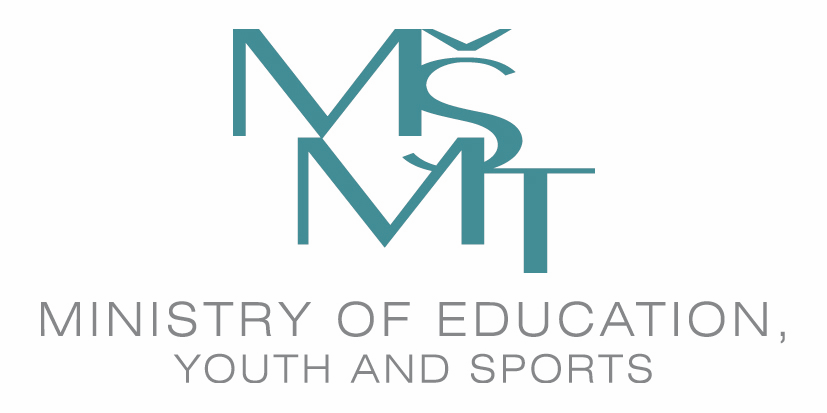
Annotation
The talk will cover one of the most prominent and promising fields of QC applications - Quantum Chemistry. The possible approaches will be described with their pros and cons, focusing mostly on Variational Quantum Eigensolvers - the class of hybrid quantum-classical chemical solvers, able to run efficiently also on NISQ infrastructures. The latter part of the talk will be devoted to the description of different types of noise present in our computations and ways to deal with them. In every section, there will be a hands-on exercise based on the Qiskit toolkit.
Benefits for the attendees, what they will learn:
Participants will learn about the current state of Quantum Computing infrastructures and the Quantum Chemistry approaches that could benefit from their usage. Aside from that, the main problems of current Quantum Computing will be presented, and participants will obtain an overview of different ways of compensating for them. Most importantly, participants will get a hands-on experience with the Qiskit toolkit by IBM, implementing simple examples illustrating the presented concepts.
Level
beginner-intermediate
Language
English
Prerequisites
Basics knowledge of Python programming.
Basic knowledge of linear algebra.
Tutor
Martin Beseda
Martin Beseda holds a double-degree PhD in High-Performance Computing and Plasma Engineering. He has completed the degree at VSB - Technical University of Ostrava and Paul Sabatier University in Toulouse. Currently working as Researcher in IT4Innovations National Supercomputing Center, he was also working at Institute of Charles Gerhardt in Montpellier and at Czech Academy of Sciences, gaining experience with Quantum Computing and Finite Elements method, respectively. Currently, his research interest lies in the field of Quantum Computing applied to Computational Chemistry and Physics, mostly being focused on variational algorithms for computations of electronic structures and properties of topological insulators. Finally, he's an active contributor to Qiskit and QUANTICS packages, as well as the main developer of the SA-OO-VQE package.
Acknowledgements

This project has received funding from the European High-Performance Computing Joint Undertaking (JU) under grant agreement No 101101903. The JU receives support from the Digital Europe Programme and Germany, Bulgaria, Austria, Croatia, Cyprus, Czech Republic, Denmark, Estonia, Finland, Greece, Hungary, Ireland, Italy, Lithuania, Latvia, Poland, Portugal, Romania, Slovenia, Spain, Sweden, France, Netherlands, Belgium, Luxembourg, Slovakia, Norway, Türkiye, Republic of North Macedonia, Iceland, Montenegro, Serbia. This project has received funding from the Ministry of Education, Youth and Sports of the Czech Republic.
.png)

This course was supported by the Ministry of Education, Youth and Sports of the Czech Republic through the e-INFRA CZ (ID:90254).
All presentations and educational materials of this course are provided under the Creative Commons Attribution-ShareAlike 4.0 International (CC BY-SA 4.0) license.
![[HYBRID] Quantum Computing Seminar: Quantum Chemistry on NISQ Quantum Computers (EuroCC)](/event/223/logo-3264908871.png)
